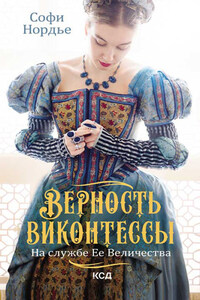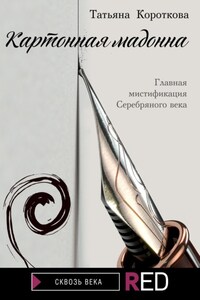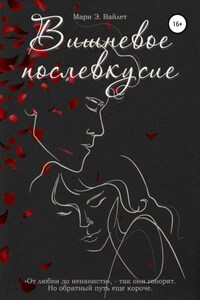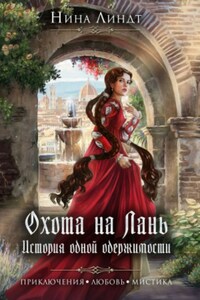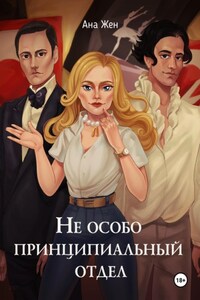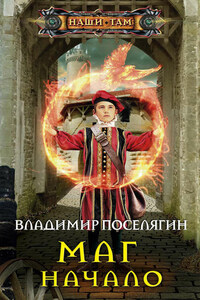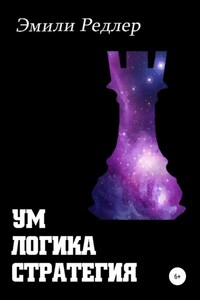Two paintings described in this novel do not exist in real life. Tahitian Dreams, by Paul Gauguin, is part of the imaginary collection of Sigmund and Ursula Westheim, fictional characters from my novel The Women in his Life, who were victims of the Holocaust in that novel. Sir Maximilian West, their son and heir, and claimant of the invented painting, is another fictional character from the same book. Moroccan Girl in a Red Caftan Holding A Mandolin, by Henri Matisse, is part of the imaginary collection of Maurice Duval, a fictional character in this novel. I took literary licence and invented the two paintings for the dramatic purpose of the story, and because I did not want to name real paintings by Gauguin and Matisse. I have no wish to make it appear that actual paintings by Paul Gauguin and Henri Matisse are under any kind of dispute, or in jeopardy.
Barbara Taylor Bradford
New York 1998
Summer
1972
The girl was tall for seven, dark haired, with vivid blue eyes in an alert, intelligent face. Thin, almost wiry, there was a tomboy look about her, perhaps because of her slimness, short hair, restless energy and the clothes she wore. They were her favourite pieces of clothing; her uniform, her grandmother said, but she loved her blue jeans, white T shirt and white sneakers. The sneakers and T shirt were her two vanities. They must always be pristine, whiter than white, and so they were constantly in the washing machine or being replaced.
The seven-year-old’s name was Laura Valiant, and she was dressed thus this morning as she slipped out of the white clapboard colonial house on the hill, raced across the lawns and down to the river flowing through her grandparents’ property. This was a long wide green valley surrounded by soaring hills near Kent, a small rural town in the northwestern corner of Connecticut. Her grandparents had come to America from Wales many years ago, in the 1920s, and after they had bought this wonderful verdant valley they had given it the Welsh name of Rhondda Fach…the little Rhondda, it meant.
Once she reached the river Laura slowed her pace as she usually did, meandering along the edge, walking under the branches of the weeping willows that dripped down over the water. She paused for a moment to watch the wildlife here. There were ducks circling around on the surface of the water; it was a whole family, with a mother duck nosing her ducklings along; and there were several Canada geese searching around for food on the edge of the lawn nearby. Laura scanned the river, her hand over her eyes shading the sun, as she sought out the blue heron. It was not here today, but it often came and strutted along the far bank, a proud bird. She couldn’t help laughing out loud as she watched the mother duck tending her babies. What a fuss the mother was making.
Moving on, Laura hoisted the string bag slung across her body, and made for the drystone wall and the copse where giant oaks and maples grew in abundance. Years before when he was a boy, her father and his siblings had built a tree house in one of the giant oaks. It had remained intact, and it was Laura’s favourite spot, just as it had been for other young Valiants before her.
Laura was a strong girl for her age, athletic, agile and full of boundless energy. Within seconds she had scrambled up the rope ladder which dropped down from the fork in the branches where the tree house was built.
Scrambling inside the little house, she made herself comfortable in her leafy lair, sat cross-legged, gazing out at the early morning sky. It was six o’clock on this bright and sunny July day and no one else was up, at least not in the house. Tom, the caretaker who ran the farm, was outside one of the red barns near his cottage cleaning a piece of farm machinery. She had seen him out of the corner of her eye as she had run across the lawns a few minutes earlier.
Laura sniffed. Tom had cut the lawns yesterday, and she loved the smell of the newly-mown grass and of new-mown hay. She loved everything about Rhondda Fach, much preferred it to New York, where she lived with her parents and her brother Dylan.
Imperceptibly, Laura’s young face changed as she thought of her parents. Richard, her father, was a well-known composer and conductor; he was usually travelling somewhere to conduct a symphony orchestra and her mother invariably went along with him. ‘Those two are inseparable,’ her grandmother would say, but she said it in such a way it sounded like a criticism; Laura understood that it was. And it was also true that they were hardly ever around. When her mother Maggie wasn’t travelling, she was painting her famous flower pictures in her studio on the West Side. ‘She gets good money for them,’ Grandfather Owen kept saying, making excuses for her mother because he was always kind to everyone.







